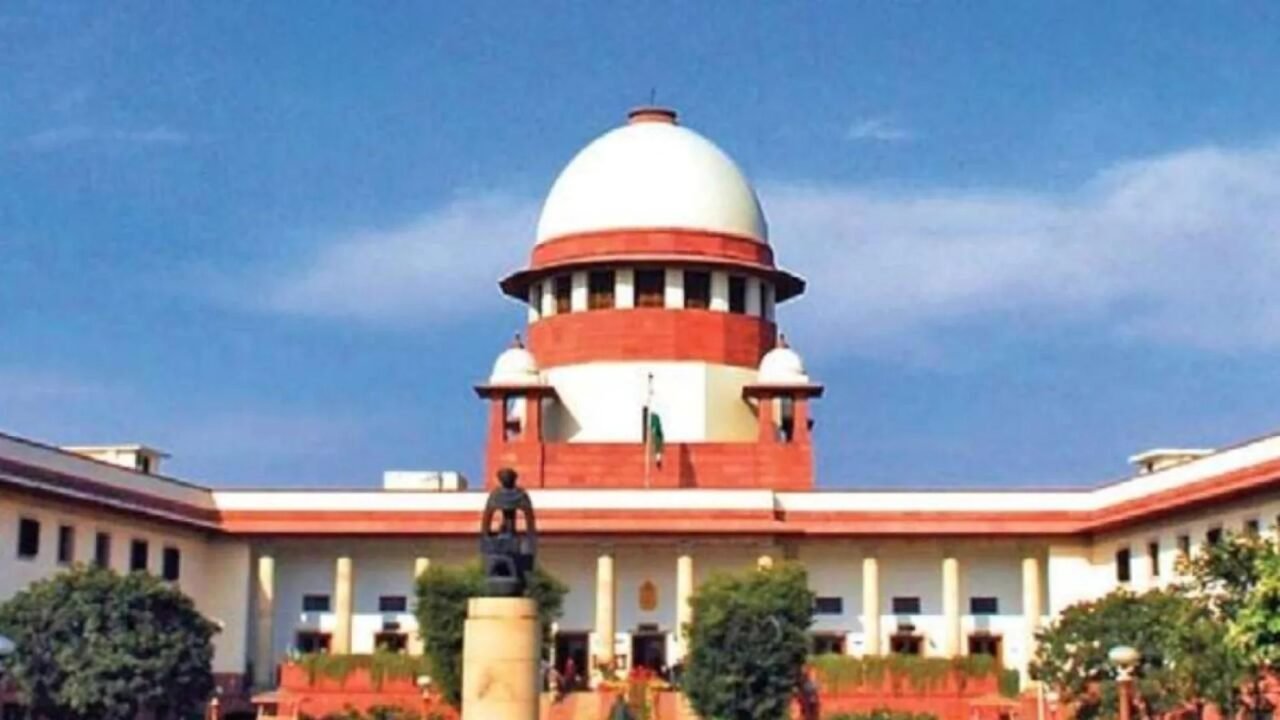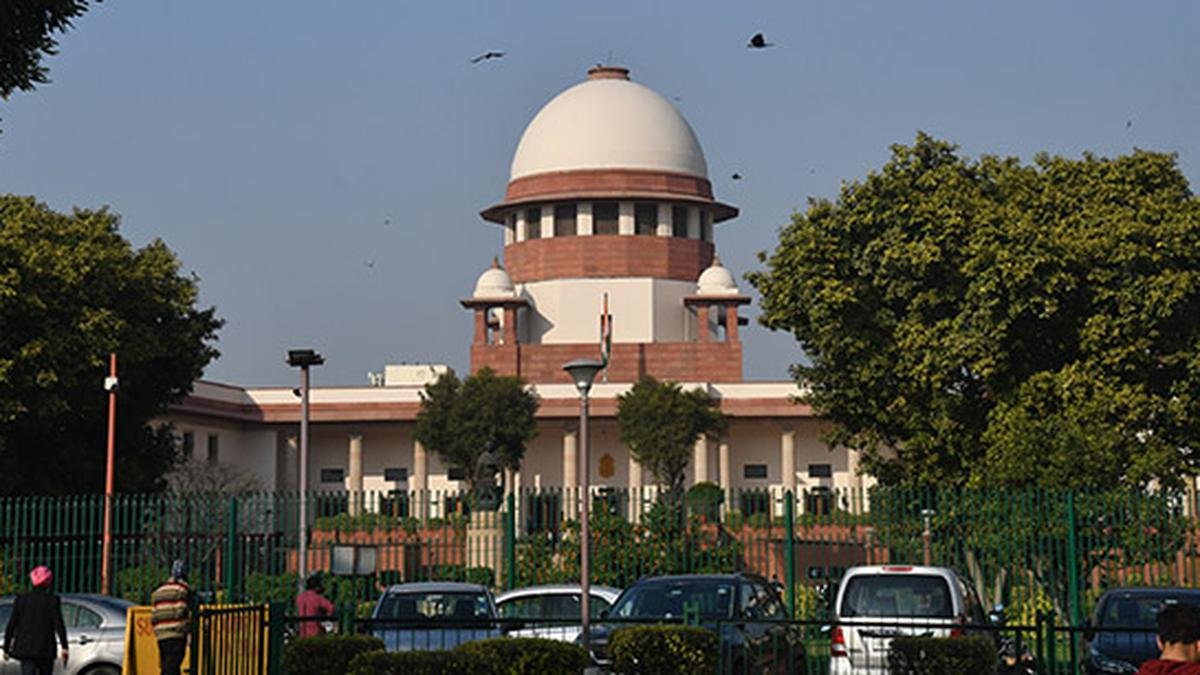NEW DELHI, March 12: The Supreme Court has said it was not safe to convict on the basis of a suspicious dying declaration in the absence of corroborative evidence and acquitted a man of his wife’s murder.
A bench of Justices Sudhanshu Dhulia and Ahsanuddin Amanullah said a dying declaration was an important piece of evidence and a conviction could be made by relying solely on it as it held immense importance in criminal law.
“However, such reliance should be placed after ascertaining the quality of the dying declaration and considering the entire facts of a given case,” the bench said.
The apex court, therefore, acquitted a man convicted for allegedly murdering his wife by setting her ablaze in September 2008.
The bench said the trial court convicted him on the basis of his wife’s dying declaration.
“In other words, if a dying declaration is surrounded by doubt or there are inconsistent dying declarations by the deceased, then courts must look for corroborative evidence to find out which dying declaration is to be believed,” the bench said in its March 4 verdict.
Courts, the bench said, were required to act cautiously in such matters.
“In cases where the dying declaration is suspicious, it is not safe to convict an accused in the absence of corroborative evidence,” it said.
It came on record that the victim gave two statements that were “totally different” from her subsequent testimonies, including the one made before the judicial magistrate that became her official dying declaration.
Investigation, the bench said, also ruled out the angle of dowry harassment.
The order observed the relations between the families of the accused and the woman had soured and a couple of years the woman’s death, the man’s brother had filed an assault case against his father-in-law and brother-in-law.
While allowing his appeal, the bench set aside a Madras High Court’s February 2012 order that had upheld his conviction and life sentence for the alleged offence of murder.
According to the prosecution, the woman succumbed to burn injuries in a hospital three weeks after being set on fire by the husband. The couple lived in Tuticorin with its minor son.
The apex court observed the woman told the police in the hospital the fire was due to an accident in the kitchen.
However, three days later, the police recorded another statement of the victim in which she claimed her husband set her on fire by pouring kerosene. (PTI)












